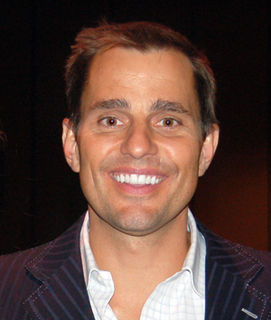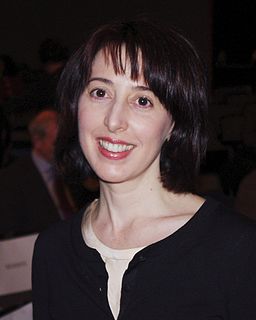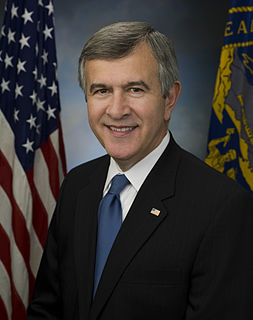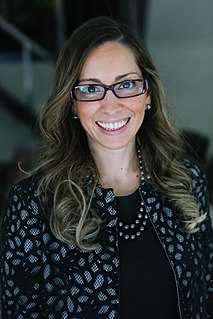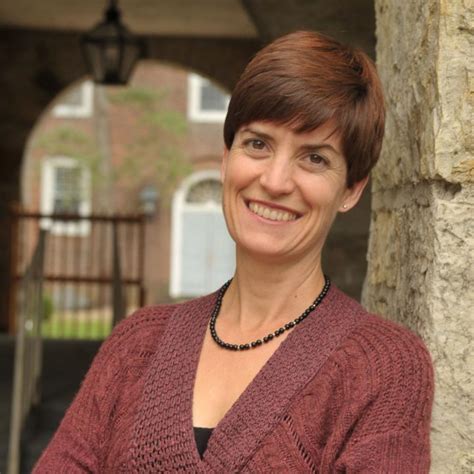A Quote by Marie Colvin
We always have to ask ourselves whether the level of risk is worth the story. What is bravery, and what is bravado?
Related Quotes
Our mission is to report these horrors of war with accuracy and without prejudice. We always have to ask ourselves whether the level of risk is worth the story. What is bravery, and what is bravado? Journalists covering combat shoulder great responsibilities and face difficult choices. Sometimes they pay the ultimate price.
Space travel leading to skylife is vital to human survival, because the question is not whether we will be hit by an asteroid, but when. A planetary culture that does not develop spacefaring is courting suicide. All our history, all our social progress and growing insight will be for nothing if we perish. No risk of this kind, however small it might be argued to be, is worth taking, and no cost to prevent it is too great. No level of risk is acceptable when it comes to all or nothing survival.



